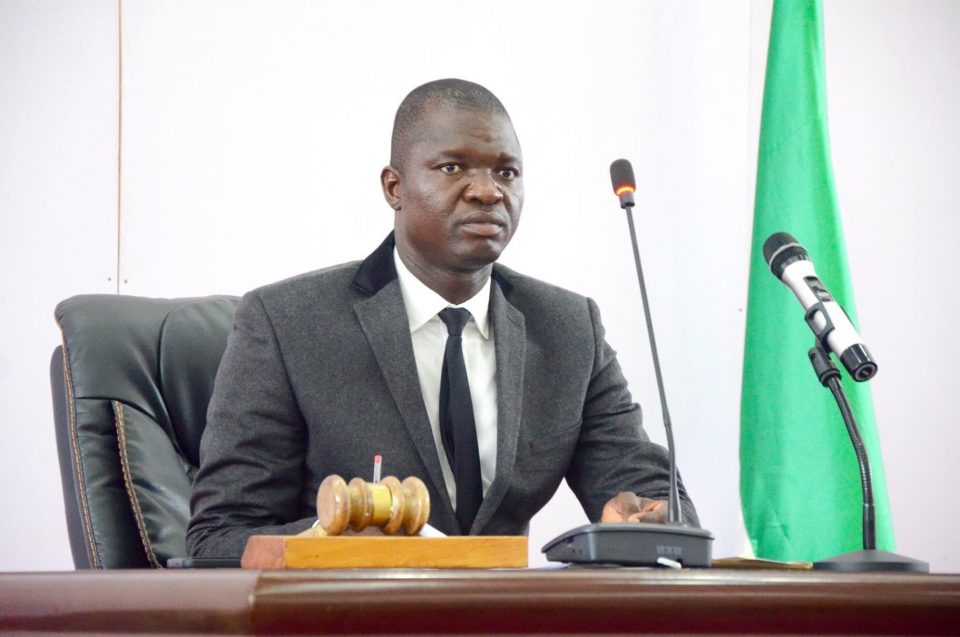In a bold move aimed at revitalizing the state’s healthcare delivery system, Governor Francis Nwifuru of Ebonyi State has approved a significant increase in the monthly remuneration of newly recruited medical doctors from N150,000 to N500,000.
The governor made the announcement during the official launch of the state’s Health Activation Programme in Abakaliki, a key event that also featured the commissioning of newly acquired medical equipment worth billions of naira. The initiative comes ahead of the rollout of the state’s Drug Revolving Fund (DRF), a scheme designed to ensure a steady supply of essential medicines in health facilities.
Addressing attendees, Nwifuru said the decision was informed by detailed feedback from health professionals and an internal survey highlighting the inadequacies of the previous compensation structure. “Our doctors are at the forefront of saving lives and should not be burdened with financial stress. This adjustment reflects the value we place on their service,” the governor stated.
He cited the rising cost of living as a major concern, particularly for doctors posted in rural areas such as Ivo Local Government Area, where daily commuting costs ,especially for fuel are considerably high. “Imagine a doctor needing 20 liters of fuel every day just to get to work. Multiply that over a month and you understand the financial strain they endure,” Nwifuru said.
The governor also shared a personal anecdote, revealing that he once considered a career in medicine but shifted paths after finding organic chemistry challenging. “Having almost walked that path, I understand at least to an extent the intensity and dedication the medical profession demands,” he said.

While the new salary structure applies specifically to new recruits, Governor Nwifuru emphasized the broader goal of motivating healthcare professionals and improving retention rates in underserved regions.
To further support doctors, the governor encouraged them to utilize the government-provided accommodations in local government areas. He instructed the Commissioner for Health to accelerate work on residential quarters for health workers to reduce living expenses and enhance focus.
“By residing within their local areas of assignment, doctors can save on transportation costs and better integrate with the communities they serve,” he noted.
Health leaders in the state welcomed the move, hailing it as a landmark development for medical professionals. Dr. Moses Ekuma, the Commissioner for Health, praised the procurement of modern medical equipment, stating it would enhance service delivery and improve patient outcomes.
Mrs. Jioke Chinwendu, Executive Secretary of the State Drug Management Agency, assured that the agency is fully prepared to ensure that drug supplies remain uninterrupted across all health centers under the DRF scheme.
With this financial boost and investment in infrastructure, Ebonyi State appears poised to set a new standard in public healthcare—one that prioritizes both quality service and the welfare of those who deliver it.




